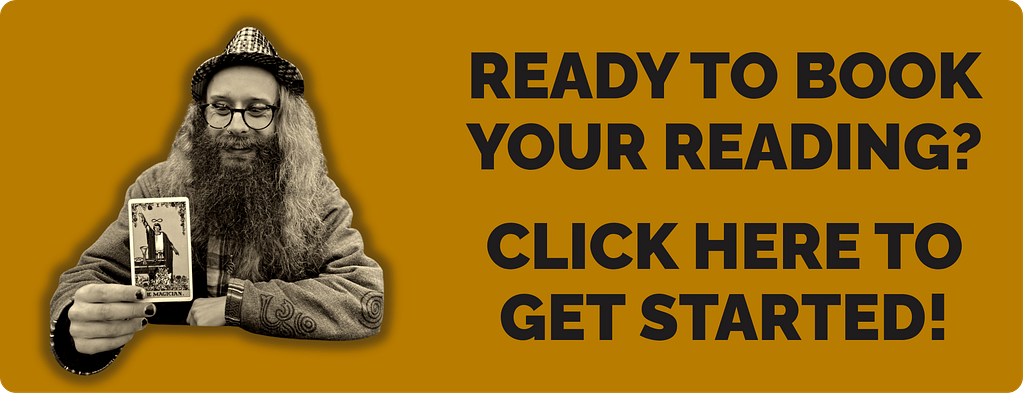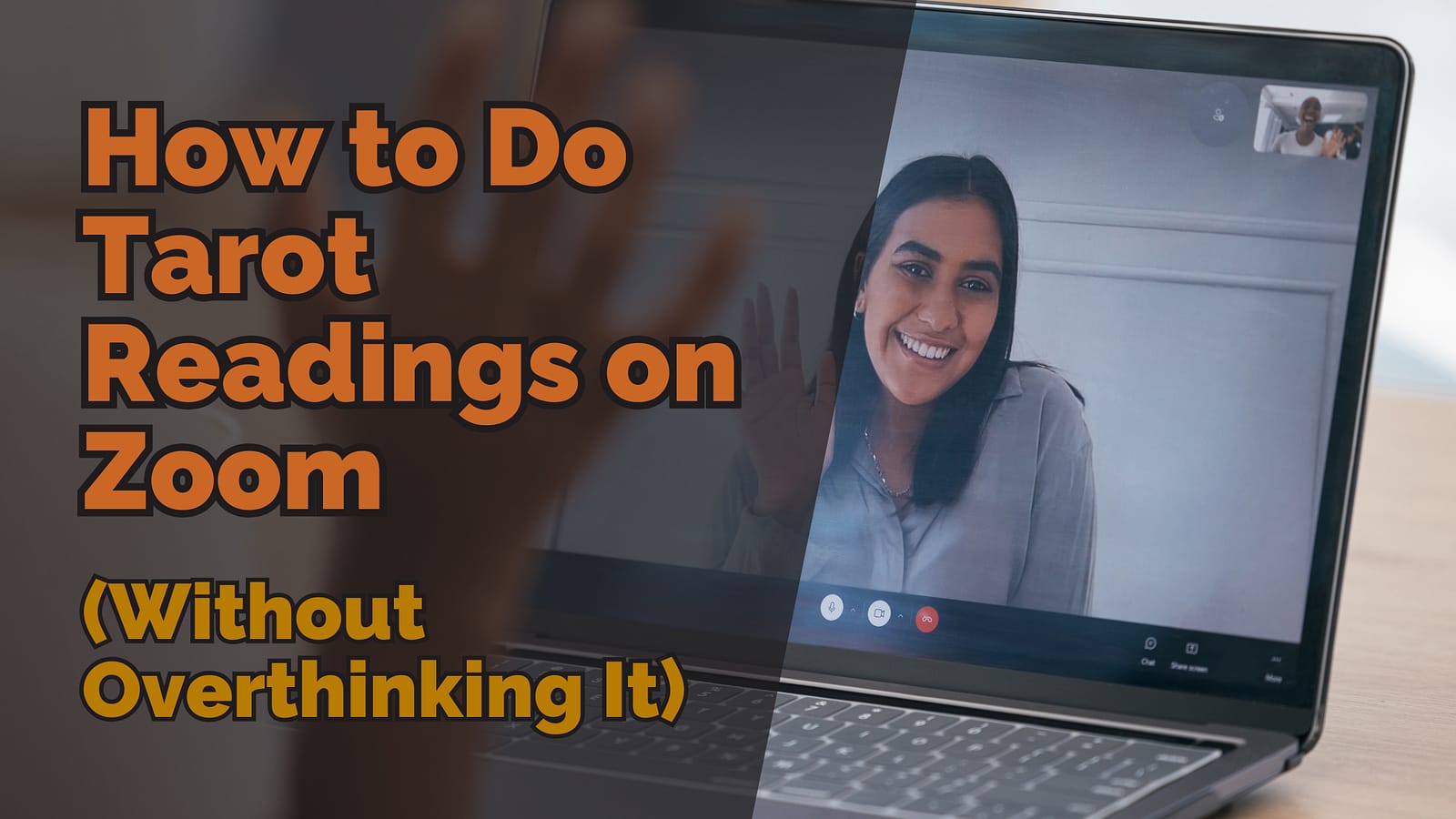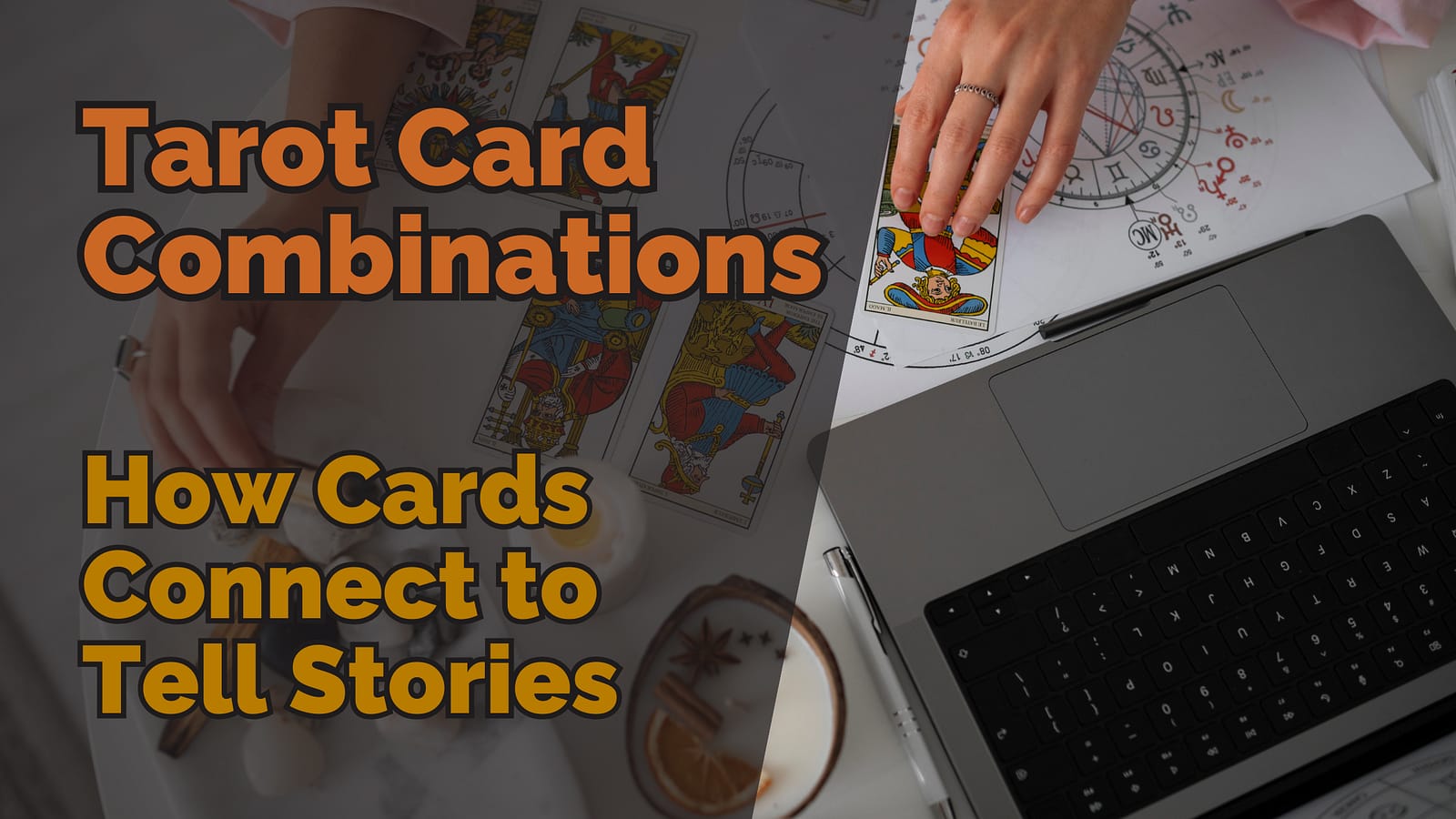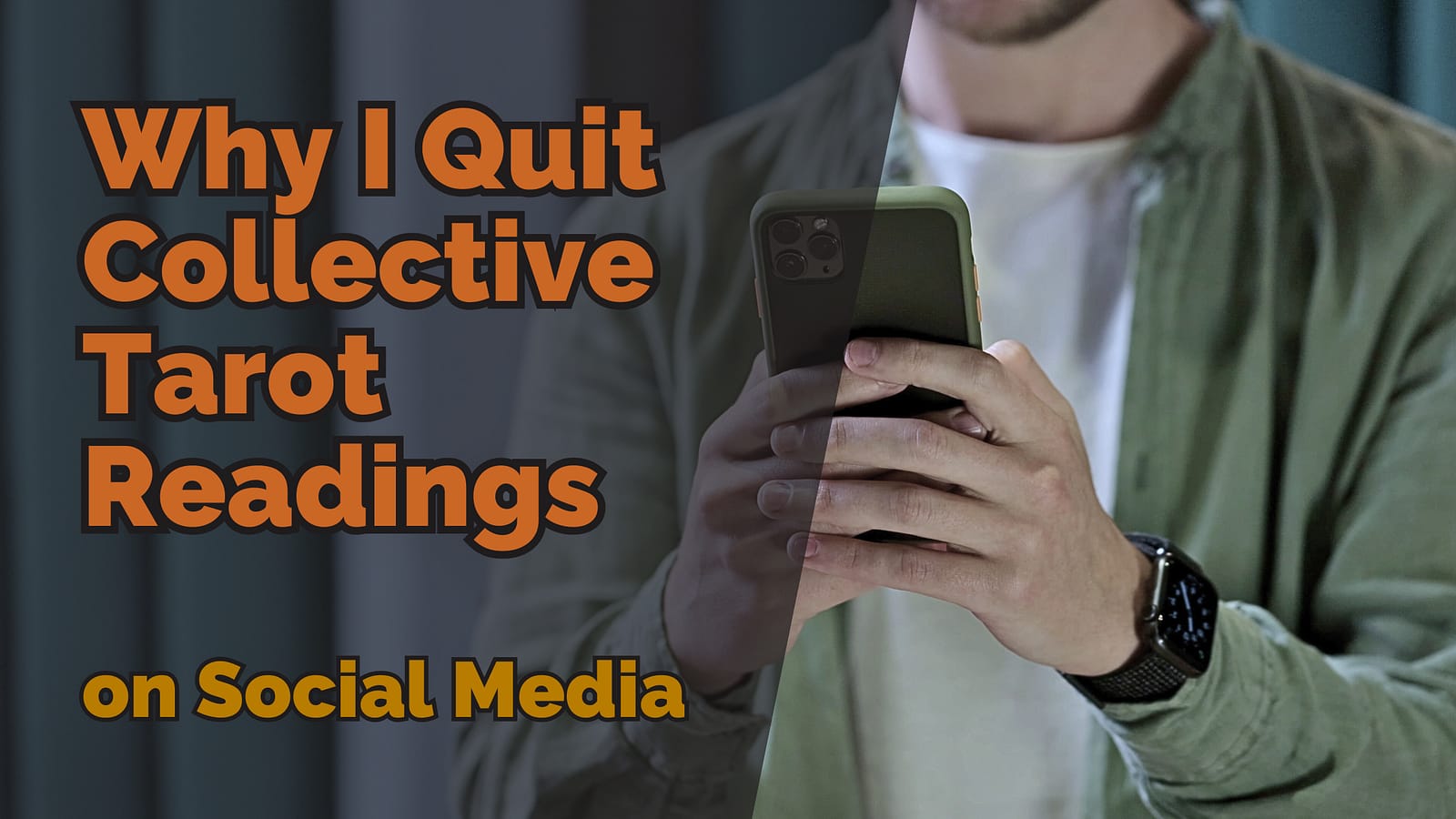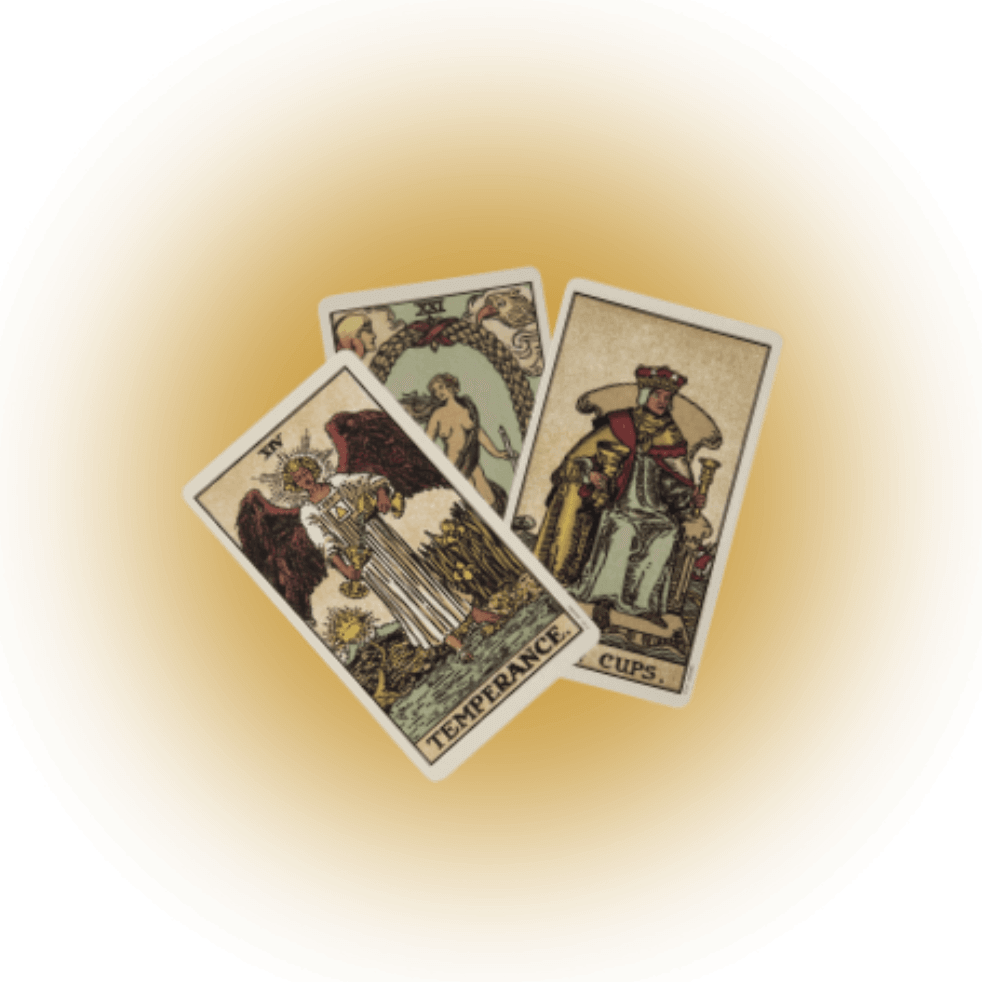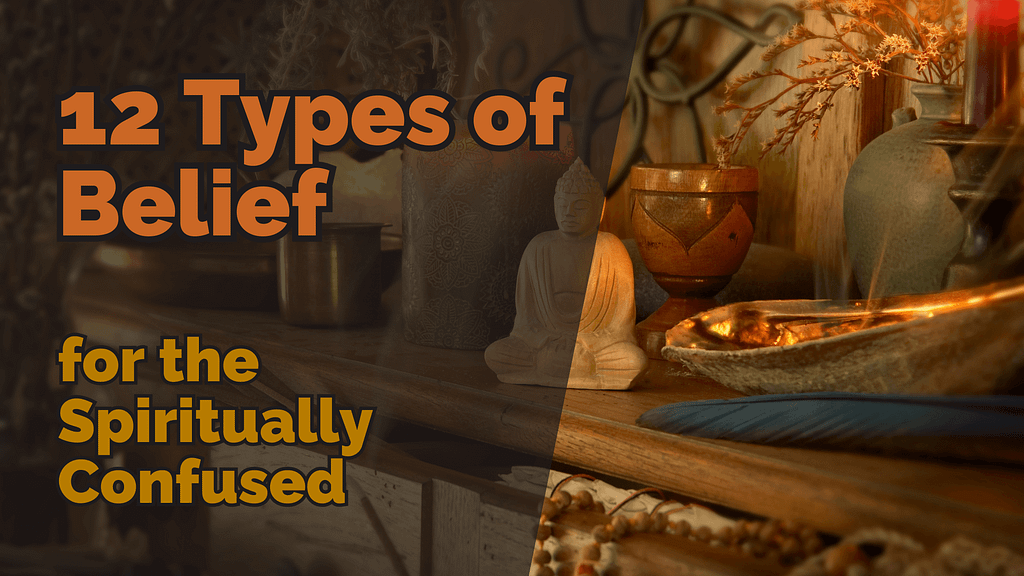
Table of Contents
What the hell do you even believe?
If you’re anything like me, the answer changes depending on the day, the weather, your mood, and whether or not you’ve had a coffee. Sometimes you’re sure there’s something out there. Other times, it’s all noise. And most of the time, you’re just trying to get through your day without having an existential crisis in the middle of Aldi.
Maybe you grew up religious and left. Maybe you never had a belief system to begin with and now you feel like you’re supposed to invent one from scratch. Maybe you’ve borrowed a bit from here and there. A bit of Jesus. A bit of crystals. A bit of chaos. But none of it quite fits. It can be lonely, especially when everyone else seems so fucking sure of themselves and their spiritual identity.
This post isn’t here to give you answers. I don’t have them. What I do have is a bunch of language that might help you name what you already know but haven’t had the words for. Whether you’ve wrestled with different types of belief or just felt adrift in all of it, this is about naming your place in the mess. If any of it feels familiar, great. If none of it does, that’s okay too. We’re just trying to find what fits. And maybe figure out our own weird, wonderful way of believing, or not.
How Are We Meant To Know?
No One Gave Us The Words
If you grew up religious, you probably had all the answers handed to you. Except they weren’t really answers. They were slogans, rules, scripts. You got told what to believe, what to say, what questions you weren’t allowed to ask. And if you didn’t grow up religious, you probably didn’t get any of it. No language for awe, or spirit, or the ache in your chest when you stared up at the sky too long. Nothing to hold on to except science classes and YouTube comments. Either way, no one gave you a way to name the middle bits. The stuff that doesn’t quite fit into belief or unbelief. The bits that still ache. The bits that still matter.
Deconstruction sounds tidy. But it’s not. It’s messy and lonely and sometimes it breaks things you didn’t mean to break. You end up ripping it all down and sitting in the wreckage wondering what now. It’s like having all your clothes taken off in public and then being told to design a new outfit from scratch, with no tools, no fabric, and no idea what season you’re dressing for. And meanwhile, people who’ve never questioned a single thing in their life keep telling you you’re just going through a phase. You start to wonder if maybe you should’ve just kept your head down.
The hardest part is realising it still has a grip on you. Whatever you grew up with, whatever you walked away from, it still speaks in your bones. It still shows up in your dreams. You think you’re past it and then it sneaks in through the back door when you’re not paying attention. Trying to name that is like trying to catch smoke. You feel it, but you can’t pin it down. And maybe you don’t need to. Maybe you just need to notice it’s still there and let yourself feel it without trying to box it up.
Everyone’s Faking Certainty
Most people are winging it. They might sound confident, might have the right books on their shelf or the right hashtags in their bio, but deep down, everyone’s making it up as they go. It’s easy to assume everyone else has it figured out while you’re still flailing, but that’s rarely the case. Most people just get better at hiding it. Certainty is often a performance. Doubt is the reality behind the scenes.
We hold contradictions because we’re human. You can believe in energy healing and also book your smear test. You can pray and still not know who you’re talking to. You can feel connected to something bigger and still laugh at astrology memes. That doesn’t make you flaky. It makes you honest. Anyone pretending their beliefs are neat and linear is either lying to you or lying to themselves.
It’s normal not to fit anywhere. Maybe you’ve tried a few different labels and none of them stuck. Maybe you grew up in one system and now feel too far away to go back but too close to walk away clean. That liminal space is uncomfortable, but it’s also where the real stuff lives. It’s where we ask better questions. It’s where we figure out what matters. And you’re not the only one living there.
What You Believe Shapes What You Do
What you believe, deep down, affects how you move through the world. It doesn’t have to be religious. It doesn’t have to be structured. But it’s always there, shaping your decisions, your relationships, the way you make sense of chaos. Even if you don’t think of yourself as someone with a belief system, you’ve got values, instincts, gut reactions. They came from somewhere.
And even if you don’t believe in anything, that still shows up. You might not pray, but you still look for meaning. You might not follow any rituals, but you’ve got your own habits and lines you don’t cross. A lack of belief is still a position, and it still impacts how you see yourself and others. Unbelief isn’t neutral. It’s not an empty space. It’s full of things you’ve chosen, things you’ve rejected, and things that still whisper to you when you’re not looking.
So no, you don’t have to get it right. There’s no prize for perfect theology. But it’s worth asking what’s running the show underneath the surface. What stories are you still living out? What assumptions are guiding your choices? When you start to name that stuff, things shift. You don’t need certainty. You just need to pay attention.
12 Types of Belief (Or Lack of It)
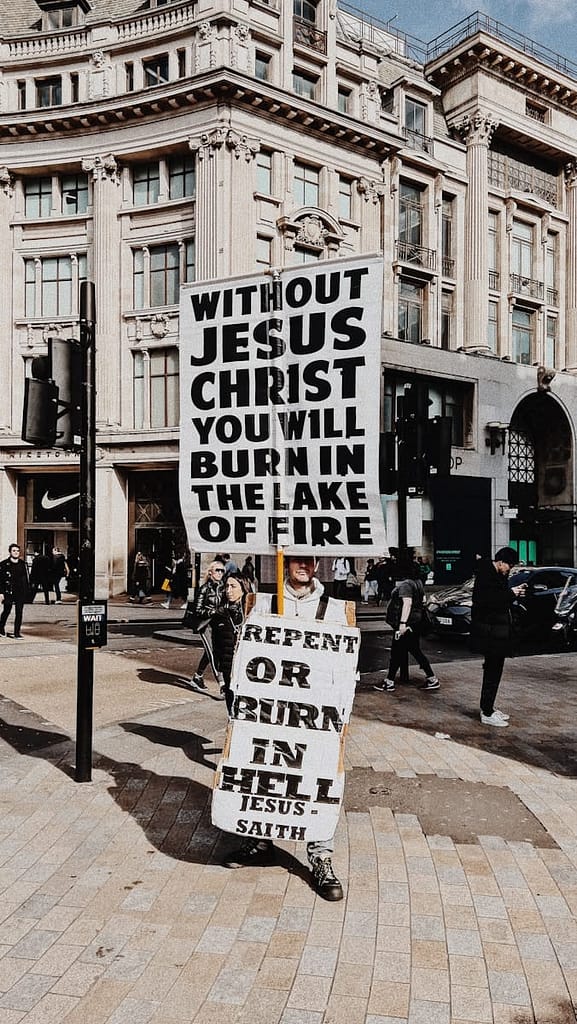
There are loads of types of belief out there, and most of us don’t fit neatly into just one. Some are rooted in religion, others in experience or feeling or philosophy. You don’t need to pick a box and stay there. But having language for the types of belief that exist can help you understand your own relationship to whatever-the-hell-this-is.
1. Theist
You believe in a god or gods. Not just some vague sense of the divine. An actual entity. Maybe it’s the Christian God, or Allah, or a god from another tradition. Maybe it’s a deity you met on your own terms. The point is, you see that being as real. Not a metaphor. Not a vibe. Real.
In practice, that might mean prayer, worship, rituals, or just a quiet inner relationship with something bigger than you. It might be about trust. About surrender. About feeling seen. It might give you structure or mess with your head. Or both.
You might feel rooted in it. You might wrestle with it. You might be terrified of losing it or trying to claw your way back to it. Belief like this can be grounding or suffocating, sometimes both in the same breath.
2. Atheist
You don’t believe in a god or gods. You might’ve arrived here through logic, experience, disappointment, or just never saw the point to begin with. You might be loud about it. You might not care much either way. But fundamentally, you don’t think there’s a personal divine being out there.
That doesn’t mean you don’t care about meaning or morality. Most atheists still care deeply about truth, ethics, connection, and what it means to be human. You might even have rituals or spiritual practices that help you make sense of things; they just don’t include a deity.
For some people, atheism feels freeing. For others, it feels lonely. And for plenty, it’s just the default. You’re not trying to make a statement. You just don’t buy into the god thing. That’s it.
3. Agnostic
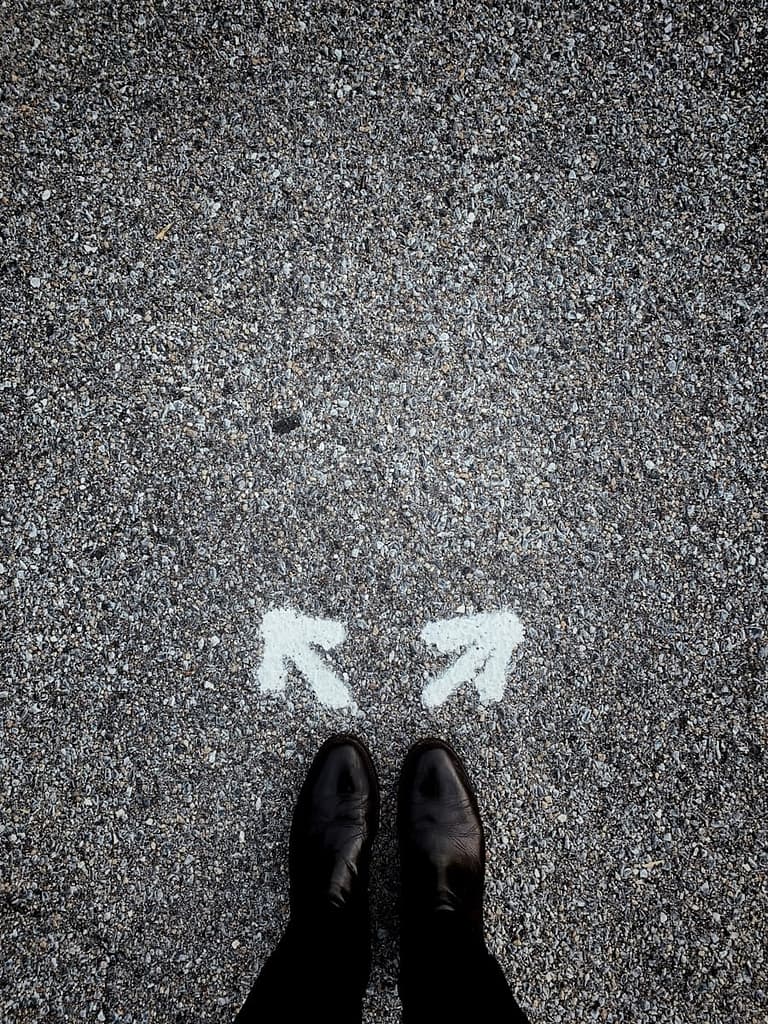
You’re not sure. Maybe you think there could be something out there, but you don’t know what. Maybe you think the whole question is too big for humans to answer. Either way, you’re holding the possibility without claiming certainty.
In daily life, that might look like sitting with the questions. Letting mystery be mystery. You might explore different ideas, but keep coming back to “I don’t know.” And you’re okay with that. Or maybe you’re not. Maybe it drives you mad. But it still feels more honest than pretending.
Agnosticism isn’t fence-sitting. It’s a position. It’s a way of being real about the limits of your knowledge. Some people find peace there. Others treat it like a layover. You might land somewhere else. You might not.
4. Apatheist
You don’t care. Not in a nihilistic way, necessarily, just in a “this isn’t a live question for me” way. You’re not anti-belief. You’re just not interested. The whole god conversation feels irrelevant.
In practice, that might mean you’ve got other shit to focus on. Paying rent. Staying alive. Caring for people. You’re not avoiding the question. It’s just not on your radar. You’re not moved by theology or drawn to spiritual debate. It’s background noise.
Apatheism can come from peace, exhaustion, indifference, or even trauma. For some, it’s a phase. For others, it’s permanent. Either way, it’s valid.
5. Ignostic
You don’t think the question makes sense, at least not the way it’s usually asked. Before we argue about whether God exists, we should probably define what the hell we mean by “God.” And most people don’t.
Ignostics often feel frustrated by the whole debate. Because people throw around big words and assumptions like they mean the same thing, when they really don’t. You want clarity. You want better questions. You’re not being difficult, you’re just done with vague nonsense.
In practice, this might look like philosophical rabbit holes, lots of definitions, and a refusal to play the usual game. But underneath it is a longing for truth. A desire to talk about big things in a way that actually makes sense.
6. Mystic
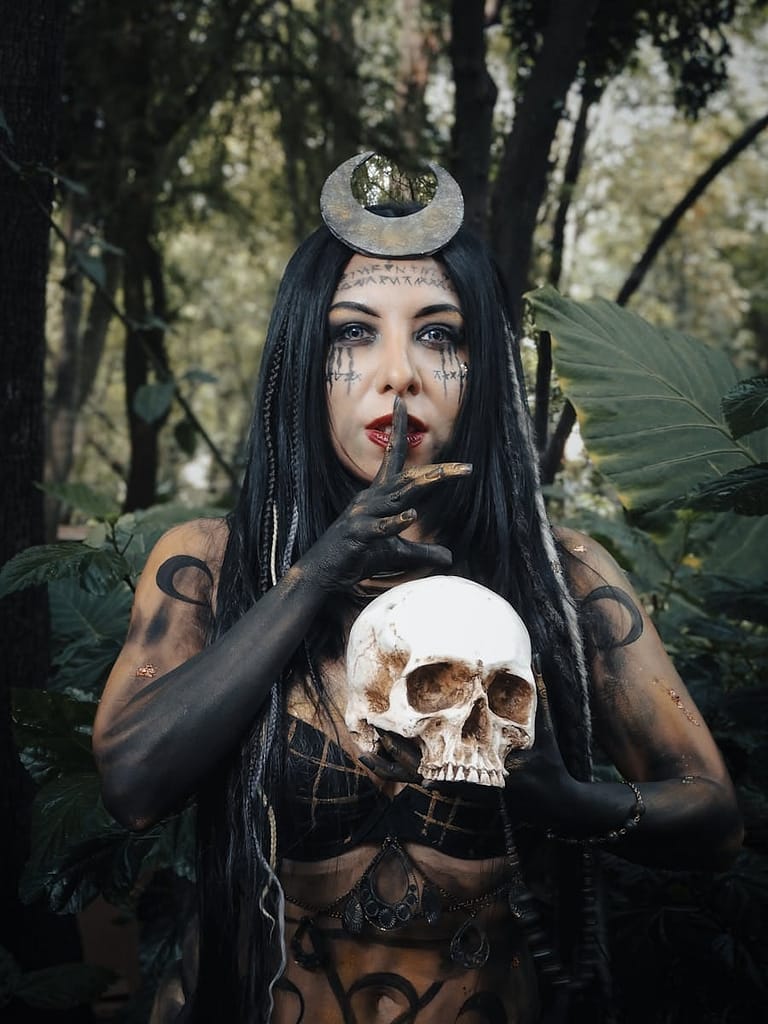
You’ve felt it. The Something. The Presence. The Connection. You might call it God, or the Universe, or Love. Or nothing at all. But you’ve touched it. And it changed you.
Mystics aren’t always religious, but they’re often spiritual. You might meditate, pray, walk in nature, lose yourself in music or silence. You seek direct experience, not doctrine. Not dogma. Something real. Something alive.
This path is more about intimacy than certainty. You’re not interested in proving anything. You just want to keep returning to that place where your soul feels less alone.
7. Spiritual But Not Religious
You believe in something, but not the way you were told to. You might believe in energy, in spirit, in intuition, in ancestors, in something guiding you. But you’ve left behind the systems that tried to own that.
In practice, this often looks like piecing together your own thing. A bit of tarot. A bit of yoga. A bit of crystals and therapy and talking to the moon. You make your own meaning. You trust your gut.
People love to mock this, but it’s real. It takes courage to leave the script and still seek connection. It takes guts to believe in something bigger without needing a manual. You’re not flaky. You’re finding your own way.
8. Heretical Believer
You still believe, but not in the way you’re supposed to. You might be a Christian who thinks hell is bullshit. A Muslim who believes in queerness. A Jew who swears a lot and doesn’t fast but still feels something light up in your chest on Yom Kippur.
You’re in it, but sideways. You stay because you love it. Or because it won’t let you go. Or because you believe it could be better. You’re here for the heart of it, even if the institution hates your guts.
This can be a lonely road. You get side-eyed from both sides. Too religious for the secular crowd. Too rebellious for the religious one. But you’re not alone. There are more of us than you think.
9. Nontheist
You don’t believe in a personal god, but you’re not closed off to spiritual ideas. You might believe in interconnectedness, in energy, in meaning, just not in a Big Man in the Sky. The divine, if it exists, is impersonal. Maybe more like a force than a being.
In practice, you might be drawn to meditation, mindfulness, nature. You might vibe with Buddhism or Taoism or just a general sense of wonder. You’re not trying to be edgy. You’re just being honest about what resonates.
This is where a lot of people land after deconstruction. Not atheist. Not theist. Something else entirely. Something that still holds mystery, without needing to call it God.
10. Omnist Or Inclusionist
You see truth everywhere. You don’t think one tradition has a monopoly on the divine. You might see God in Jesus and Krishna and physics and poetry. You don’t need to pick a side.
That doesn’t mean you think all beliefs are equally good. You’re not naive. But you see glimpses of the sacred in a lot of different places, and you don’t want to limit yourself to just one story.
In practice, this might mean you draw from many traditions, or you just hold a posture of deep curiosity. You don’t need to nail it down. You’re here to learn, not to conquer.
11. Post-Theist
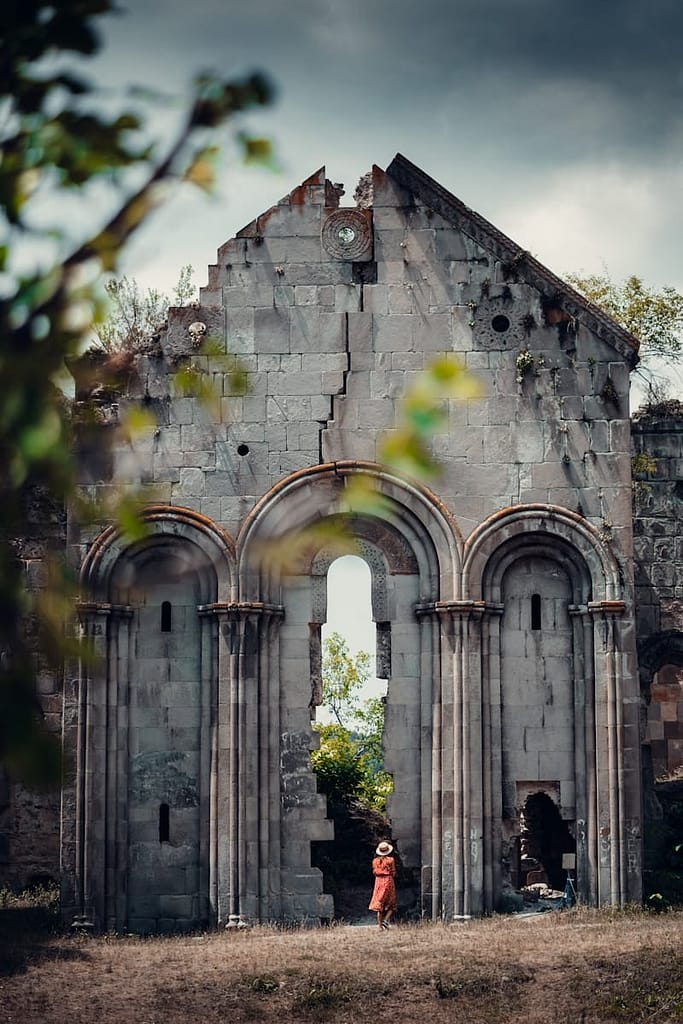
You used to believe in God, and now you don’t, but the story’s not over. You’ve moved on, but something still lingers. Maybe the language. Maybe the ache. Maybe the rituals. Maybe the hope.
Post-theism isn’t just “ex-Christian” or “former believer.” It’s a space of reflection. Of grief and growth. You’re not trying to erase the past. You’re trying to make peace with it.
You might still pray sometimes, out of habit or desperation. You might still tear up during old hymns. You don’t believe in God, but you still carry the shape that belief left behind. And that’s okay.
12. Nondualist Or Monist
You see everything as connected. Not metaphorically. Actually. There’s no real separation between you and the universe, between spirit and matter. It’s all one thing. One being. One unfolding.
This shows up in a lot of traditions: Advaita Vedanta, Taoism, certain kinds of mysticism. But you don’t need a label to feel it. You’ve glimpsed it in stillness. In awe. In the dissolving of the self.
Living this way doesn’t mean you’re always peaceful. It means you’re always returning. To breath. To presence. To the reminder that we are not separate. Not really. Not ever.
Where I Actually Am With All This
I Used To Believe In God
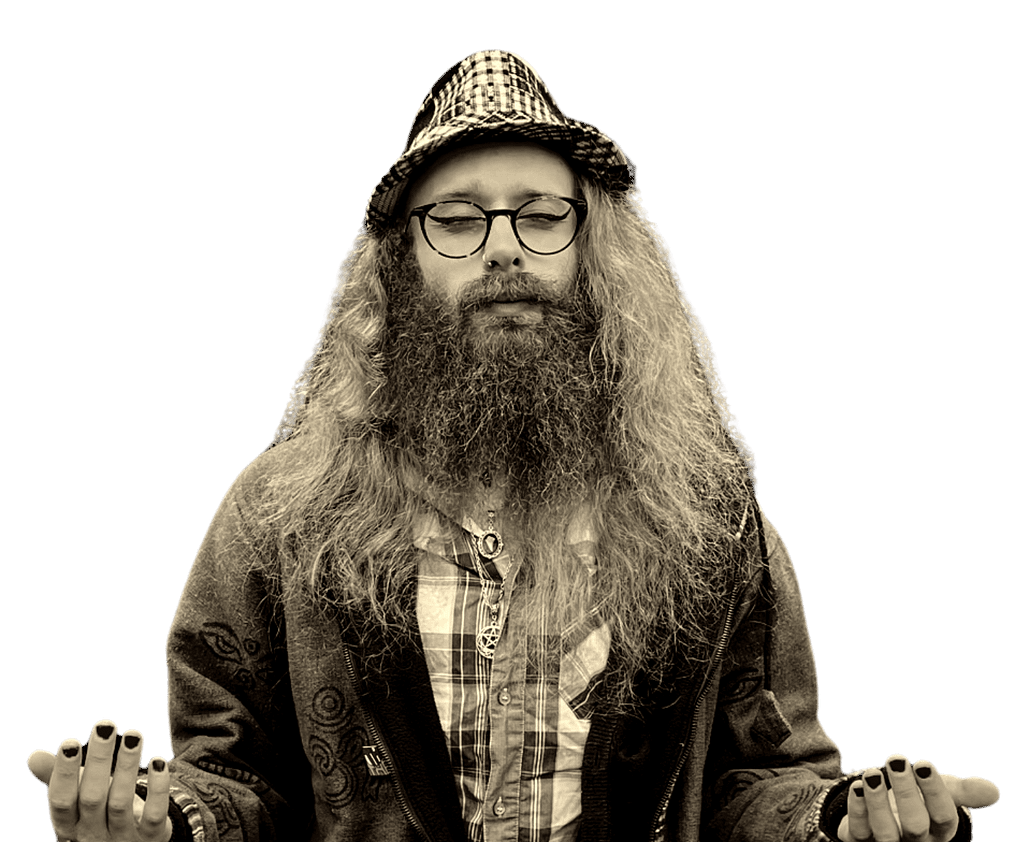
I used to believe in God like you believe in gravity. It wasn’t a choice. It was just there. Constant, assumed, woven into the fabric of everything. I prayed in tongues, performed in church bands, gave sermons. God was real and personal and watching, and I shaped my entire life around that certainty. It wasn’t about blind obedience. I loved God. I felt chosen, known, connected.
But certainty cracks. Mine didn’t shatter in one blow. It eroded slowly. Tiny contradictions. Unanswered prayers. The crushing weight of shame disguised as holiness. Then one day, in the middle of worship, I realised I didn’t believe any of it anymore. Not the way I had. And once that door opened, there was no going back.
That loss felt like a death. Not just of God, but of identity, purpose, belonging. I grieved hard. And I’m still grieving, in some ways. Not because I want the old faith back, but because something in me remembers the safety it promised, even if that safety came with strings attached.
I Don’t Think The Question Works
Somewhere along the way, I stopped asking whether I believed in God. Not because I answered it, but because I realised it’s the wrong question. Or maybe just a badly worded one. What do we mean by “God”? A bearded man in the sky? A cosmic parent? An energy? A metaphor? Everyone’s arguing about a word that means something different to each of them.
The more I tried to answer the question, the more I felt like I was being asked to define something undefinable. I’m not uninterested in the divine. I just don’t think belief or non-belief are the right tools to get there. It’s like trying to measure a poem with a ruler. You can do it, but you’re missing the point.
Now when people ask me if I believe in God, I usually just shrug. I don’t know. I don’t know if it matters. What I do know is that I’m still moved by beauty, still comforted by ritual, still startled by grace. If there’s something real in all that, it doesn’t need to pass a theology exam to count.
I Still Believe In Something Bigger
Even after all the deconstruction, the doubt, the letting go, I still believe in something. I don’t have a neat name for it. Sometimes I call it love. Sometimes presence. Sometimes just the mystery. But I feel it. In moments of silence. In the crackle of connection between people. In the way my body knows when to breathe.
I believe in the possibility of meaning. Not the kind handed down from a pulpit, but the kind you make, the kind that grows slowly, honestly, from living and paying attention. I believe that we’re connected. That what we do matters. That there’s something deep in us, maybe beyond us, that longs for wholeness.
So no, I don’t believe in God the way I used to. But I still pray sometimes. I still light candles. I still listen for something I can’t name. And I still trust, in my better moments, that whatever’s out there, or in here, is not trying to punish me. It’s trying to love me into becoming.
So Where The Fuck Are You?
You Probably Align with More Than One Type of Belief
You don’t have to pick just one. Maybe you grew up in church but now you’re into crystals and chaos magic. Maybe you call yourself an atheist but still talk to the universe when things go to shit. Maybe you’re deeply Christian in practice but don’t believe half the doctrine. That doesn’t make you a hypocrite. It makes you a human being.
None of us fit neatly into boxes. Most of these labels overlap, contradict each other, or shift depending on your mood, the day, or who you’re talking to. That’s fine. Belief isn’t a fixed state, it’s a fluid one. You’re allowed to evolve. You’re allowed to change your mind. You’re allowed to mean two things at once.
Trying to pin yourself down perfectly is usually just a way of trying to feel in control. And sure, I get it, we all want that. But it’s okay not to land on a perfect label. You might never find one that fits exactly. That doesn’t mean you don’t know yourself. It just means you’re more than a label can hold.
Your Spiritual Identity Doesn’t Have To Be Tidy
Nobody tells you this when you’re growing up, but beliefs are messy. You can be logical and still find comfort in ritual. You can reject religion and still feel moved by gospel music. You can be spiritual and sceptical at the same time. Real belief doesn’t look like a straight line. It looks like scribbles.
We’re conditioned to think that contradictions are weaknesses. They’re not. They’re just part of being alive. Every person I’ve ever met has beliefs that don’t entirely make sense when you put them next to each other. That’s not a flaw. That’s a clue that you’ve lived, changed, experienced things, and kept going.
It’s okay if your belief system isn’t symmetrical. It’s okay if it’s a bit chaotic. If it holds you, grounds you, helps you live with some degree of love and clarity, then it’s doing its job. Fuck neatness. Go for truth.
What It Does To You Is What Matters
All of the types of belief we’ve explored are only useful if they shape you into someone more grounded, more present, more loving. Doesn’t matter if they’re ancient, cutting edge, widely accepted or completely made up. If they help you show up with kindness and courage, that’s what counts.
And on the flip side, if a belief is turning you into someone bitter, cruel, judgemental, rigid, or afraid of the world, then it’s probably not a belief worth keeping. Even if it feels familiar. Even if it was once true for you. Even if you were taught it was the only way.
Beliefs should be in service of life, not the other way around. They should help you connect to yourself and to others. They should open you up, not shut you down. Whatever you believe, let it be something that helps you live better, not just something you say you believe.
Want To Explore This Shit Properly?
If you’re still thinking “I’ve got no clue what the fuck I believe, but something’s there,” then yeah. That’s where the good stuff starts. You don’t need to have it all figured out. But if you want to sit with it for a bit, pull some cards, and see what comes up, I’ve got you.
Book a reading. Bring your questions, your contradictions, your spiritual baggage. We’ll throw it all on the table, and see what it’s trying to tell you. No pressure. No pretending. Just space to figure your shit out.

